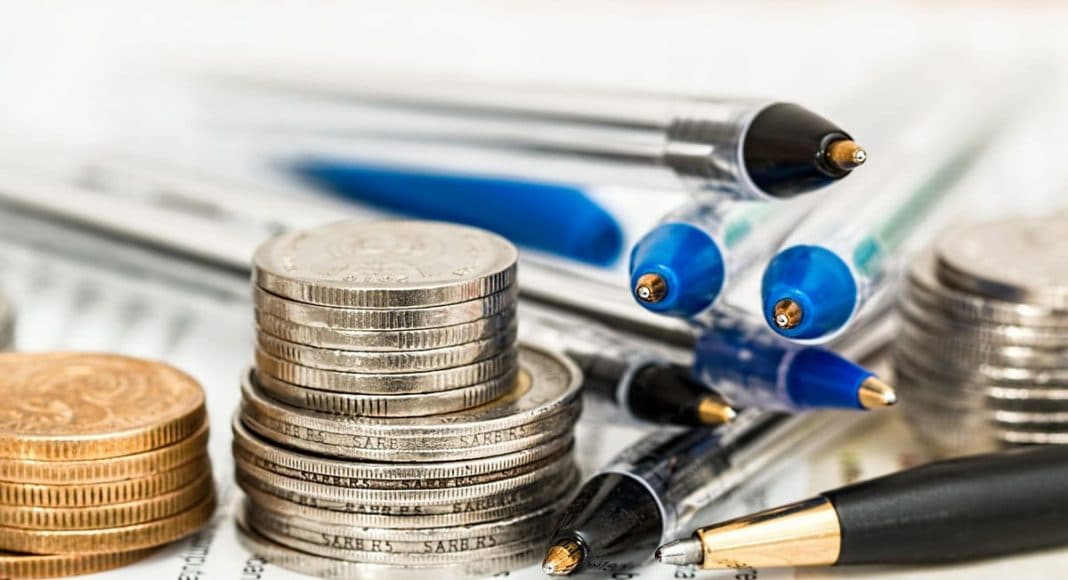In Maine, it is proposed that a 20 percent tax be applied to recreational marijuana, breaking down to a 10 percent excise tax and 10 percent sales tax. It is also proposed that five percent of said taxes will go straight back into host communities. Legalization advocates and activists are applauding the higher taxes, as they do still remain competitive and also give back to the community.
-
Related Story: What To Expect From Maine’s Recreational Marijuana Market
The tax increase will place pot prices at around $240 an ounce, with $40 of that in taxes, putting them in line with Massachusetts. Though 20 percent is double that of which the voters passed – an excise tax was never mentioned in original legislation – it’s still low enough to quell the black market and to have imbibers lining up outside the doors.
It is currently estimated that the 20 percent tax could drum up over 20 million dollars in revenue for Maine in its first fully operational year. That’s not even including the $1.5 million in tax revenue generated by medical marijuana.
Medical cannabis will not face a similar tax hike and is set to remain at 5.5 percent for retail sales and 8 percent for edibles sales. There were marijuana legalization committee members who would’ve liked to see medical receive the same tax, but medical proponents fought to keep medical marijuana affordable for patients and a viable part of the scene.
Though the committee was hoping for a Tuesday July 26th finalization, there are still quite a few issues on the table, including licensing fees. The committee plans to reconvene on August 4th to keep working out the details and to hopefully reach a consensus.
-
Related Story: It Is Now 100 Percent Legal To Smoke Marijuana In Maine
With eight states and the District of Columbia having legalized cannabis, it is estimated that those legal states will collectively bring in over 650 million dollars in 2017 alone. From social programs to school repairs to community giving and beyond, the legalization of cannabis is clearly giving us new ways to rebuild infrastructures and help ailing social issues.


